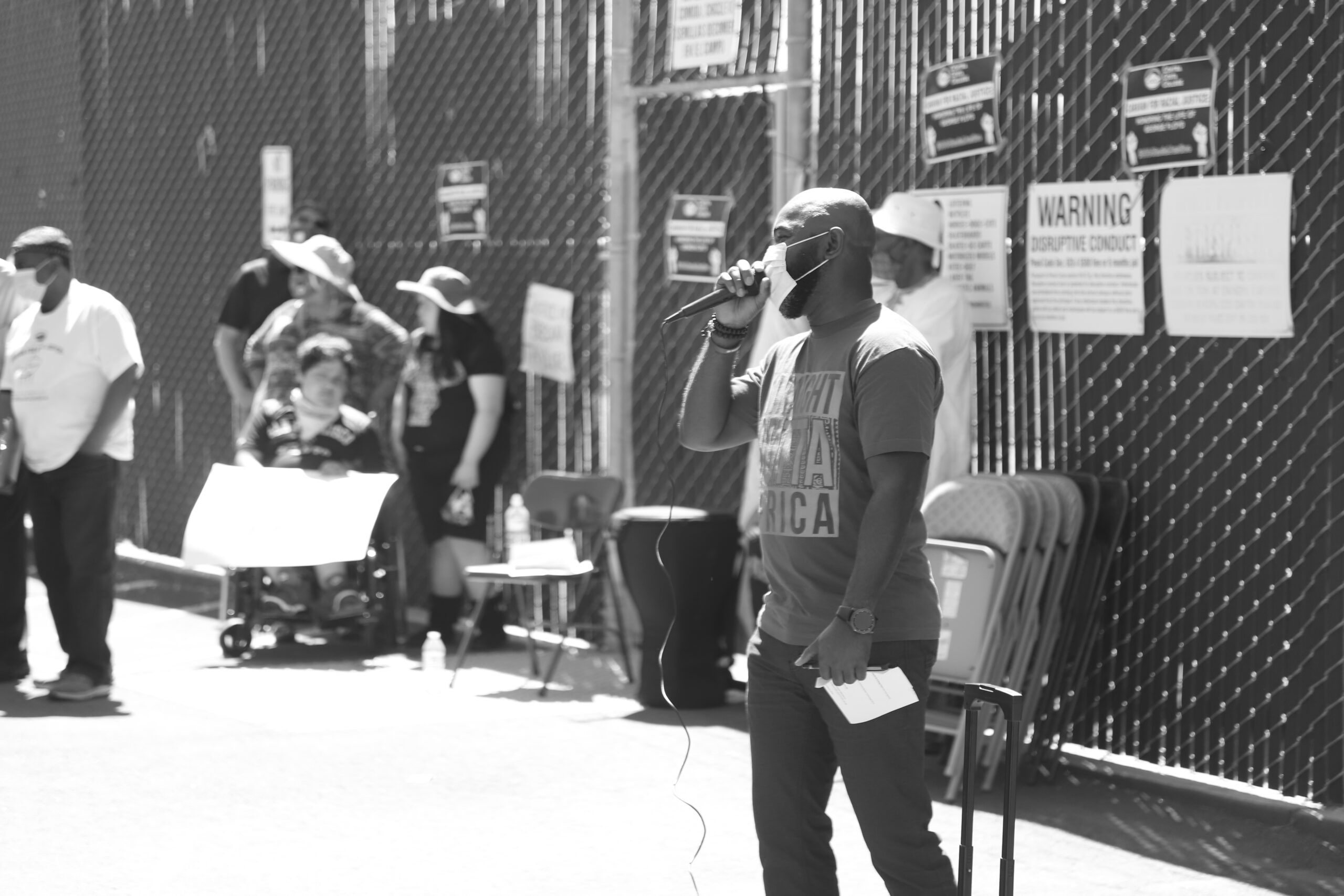Ethnic Studies Summit
Ethnic Studies Summit
Register before April 25, 2025
Ethnic Studies was founded in student protest. It is about culture, history, and challenging systems of oppression. The Ethnic Studies Summit is about putting justice back at the forefront of education by engaging with students, the community, and educators in a dynamic day of learning.
Agenda + Workshops
8:30 a.m. – 8:50 a.m.
Check-in and Continental Breakfast
9:00 a.m. – 9:45 am
Welcome and Blessings
9:45 a.m. – 10:45 a.m.
Opening Keynote with Dr. Cesar Cruz
10:45 a.m. – 11:00 a.m.
Transition (Snack Break)
11:00 a.m. – 12:00 p.m.
Workshop Session 1
12:00 p.m. – 12:50 p.m.
Lunch and Student Posters and Student Leadership Roundtable
1:00 p.m. – 2:00 p.m.
Workshop Session 2
2:10 p.m. – 2:50 p.m.
Storytelling performance by Jahi featuring DJ CJ Flash and King Jadon
2:55 p.m. – 3:15 p.m.
Closing Remarks by CCC Ethnic Stuides Co-chairs Nzingha Dugas and Dr. Agustin Palacios
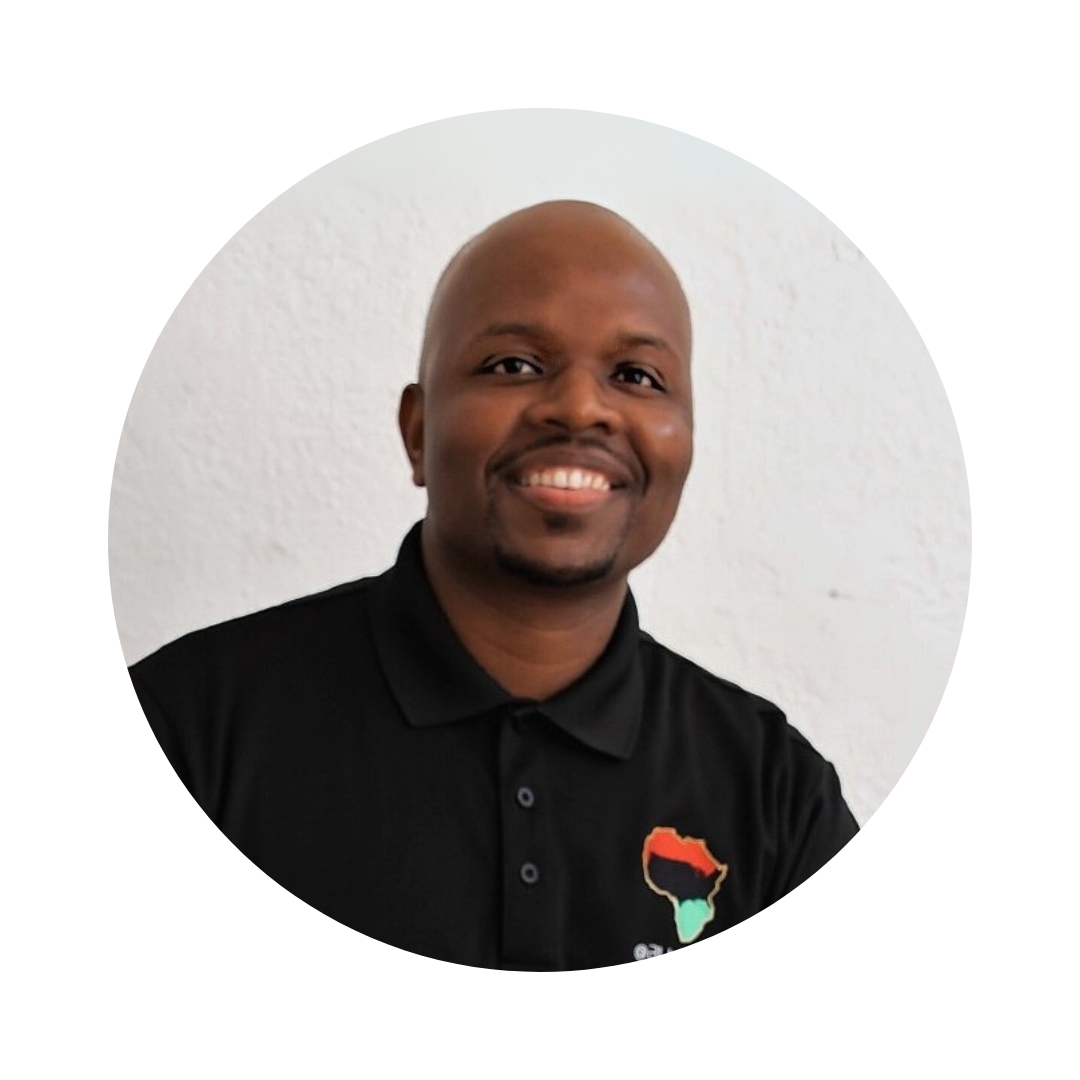
Dr. Khalid White
Supporting Student Success: Engaging Male Students of Color on Campus
With more than 15 years as a college practitioner, Dr. Khalid White will facilitate a culturally-relevant professional development workshop for professionals and practitioners of all backgrounds. The workshop will include high-impact, equitable best practices on reaching and teaching males of color in-person and online. Dr. White will Include research and references from the books: Teaching Men of Color in the Community College: A Guidebook and Black Voices from the Ivory Tower providing a foundation and framework for the workshop.
Dr. Adrianna Simone
Los Medanos College
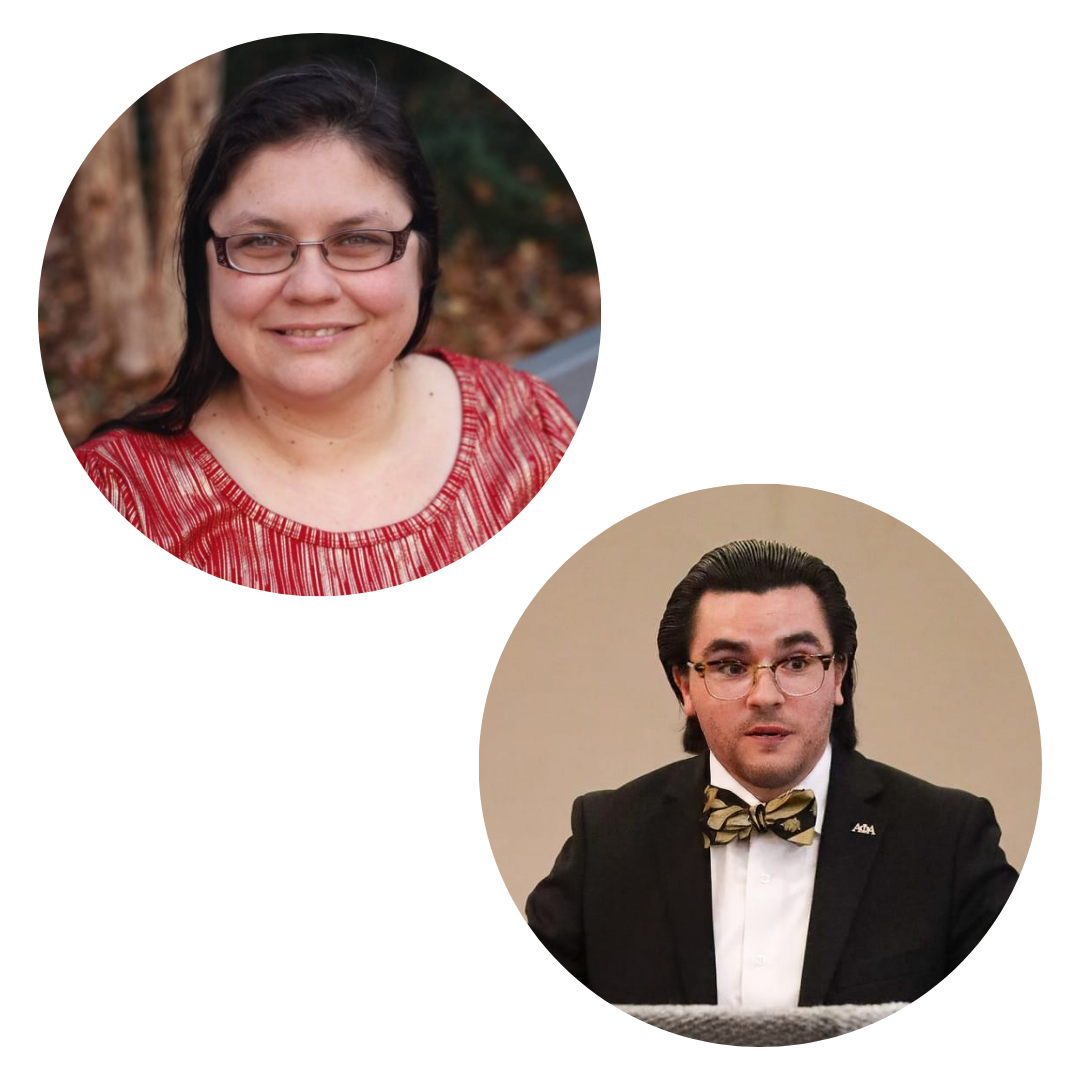
Professor
John “Max” Trujillo II
Decolonial Storytelling: Empowerment and Resistance in the Face of Hegemony
In this workshop, attendees will learn about decolonial storytelling as a framework for empowerment and resistance—for scholars both in and outside of the classroom. Emphasis will be placed on theoretical frameworks produced by queer Xicanx/Chicanx feministas and how decolonial storytelling is a tool that can dismantle colonial discourses. The presenters will demonstrate how this theoretical framework can be integrated as pedagogical practice in various disciplines and in community building outside academia. The session concludes with examples from Ethnic Studies classes and community events at Los Medanos College. Dr. Simone is the Chair of Ethnic Studies and Social Justice Studies and Professor Trujillo is an Associate Professor of Ethnic Studies at Los Medanos College.

Adolfo Velasquez
Retired Counselor, SFSU Doctoral Scholar
Native American and Indigenous Studies at City College of San Francisco
The history of the development and approval of NAIS 38 Introduction of Native American Studies and NAIS 39 Federal Indian Policies and Native American Culture for spring semester 2025, City Colleges first Native and Indigenous Studies courses, traces its roots back to the 1968-69 student-led strike at SF State that led to the College of Ethnic Studies. Professor Velasquez will cover this grassroots, student-led, community participatory action that has given rise to this moment, including future plans for an Advisory Board, Certificate (High School and CCSF), Associates degree, articulation with four-year universities. Professor Velasquez is a longtime faculty lecturer at San Francisco State University, and recently retired counselor from City College of San Francisco. He is active in the Native American Cultural District and is a strong advocate for scaling up Native and Indigenous Studies.
- Exploring Internalized Xenophobia in the Age of Resurgence by Runor Pinnock, Makaila Orellana, Jordan Odhiambo, and Liezyl Ann Catahan
- Power in Solidarity by Ahtziri Villasenor, Veronica Chaput, Fatima Rodriguez, and Alexandra Fierros
- Immigration Solidarity: La Gente Unida, Jamás Será Vencida by Jackie Zuniga, Jasmine Nunez, Reuben Acosta, and Daniel Sanchez
- Indigenous Knowledge within Communities by James Bareng, Savannah Hughes, and Prakrti Sharma
- Against the Tide & The Eastward Defense: Preserving Identity Amid Systemic Exclusion by Natalya Marroquin, Adrian Ochoa Montal, and Armiyah McClain
- Ohlone Peoples Demand Land Back by Myra Qureshi, Abigail Munoz, Sonia Jaramillo, and Salvador Velazquez
- Silenced on Screen: Fighting the Fetishization of Asian Women by Valerie Macha Ramos, Sofia Costanza, Jared Melendez, and Rebecca Keel
- Reclaiming an Indigenous Past at Alcatraz by Marwa Mumtaz, Parker Simpson, Mariza Soto, and Caitlyn Washington
- Chicana/o Scholars and the founding of La Raza/Chicano Studies by CCC La Raza Studies students
- Chicanx/Latinx Heroes and Heroines by CCC La Raza Studies students
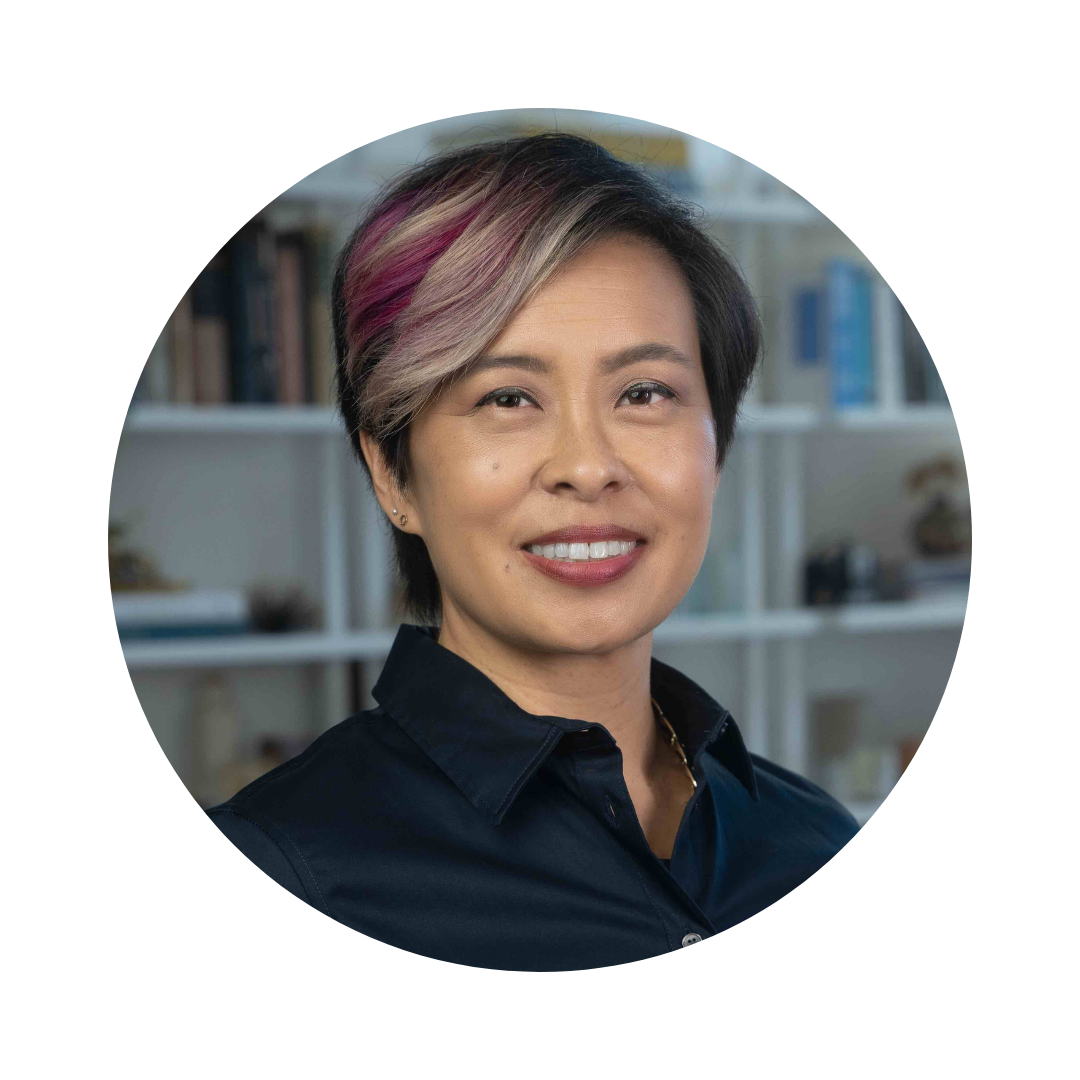
Dr. Dawn Lee
Co-founder of Evolve Your Leadership, Interim Associate Vice President and Dean of Students at San Jose State
Resurgent Agency: Changemaking During Uncertainty and Chaos
How is uncertainty and chaos changing the way we see ourselves as changemakers? What is your role in creating change when everything seems to take more energy or feel riskier? This interactive session provides reflection and refocus time for participants to clarify and redefine our agency in the current social and political context. We will assess the kinds of change we have the capacity for, assess our realms of influence and control, and determine what our possible change roles might be as we continue to fight together for collective change. For over 22 years, Dawn has served as a change management strategist helping equity and inclusion-minded people and groups grow and transform by gaining clarity, direction, confidence, and renewed hope during change and transition. She is the Co-Founder and lead faculty of Evolve Your Leadership Voice where she coaches senior executive leaders in higher education, and is also the Interim Associate Vice President and Dean of Students at San Jose State University. Her prior roles include Interim Chief Diversity Officer at San Jose State University, Faculty Director of Professional Development at De Anza College, and Interim Associate Dean of Students at UC Berkeley. She holds a Ph.D. in Cultural Studies and her teaching spans over 20 years in Asian American Studies, Sociology, and Education.

Dr. Agustin Palacios
CCC Ethnic Studies
Co-Chair, La Raza Studies Lead
Recovering the Lost History of Latinos/es in Contra Costa County
Latinos/es are often perceived as recent arrivals to Contra Costa County. However, their presence in the region dates back almost two centuries, encompassing pivotal eras such as the Californio period, World War II, the Chicano Civil Rights Movement, and the creation of La Raza Studies at Contra Costa College. This presentation challenges historical erasure by uncovering the contributions of Latinos/es to the region’s development and culture. Drawing on archival research, oral histories, and Ethnic Studies methodologies, the presentation will trace the presence and activism of Latinos/ex in the region. When we fail to write our own histories, they risk being lost or misrepresented. It is up to us to tell our own story.

Nzingha Dugas
CCC Ethnic Studies
Co-Chair, Africana Studies Lead
African-Centered Praxis in Teaching and Learning
African-Centered Praxis is rooted in the cultural and historical experiences of people of African descent and is a remedy for many of the persistent challenges in teaching, learning, student engagement, and retention. African-centered instructional practices prioritize community wisdom, culturally grounded pedagogies, and the holistic development of learners. Participants will examine how these practices can be intentionally integrated into classroom environments to foster belonging, purpose, and academic excellence. The session will also introduce foundational African-centered theories and models—such as the Sankofa Praxis, Nguzo Saba, the Afrocentric Worldview, Maat, and others—as guiding frameworks for a flourishing, community-informed educational ecosystem. Through discussion and case examples, attendees will assess the practical application of these models in various educational settings and be introduced to designing strategies that center African epistemologies and values.
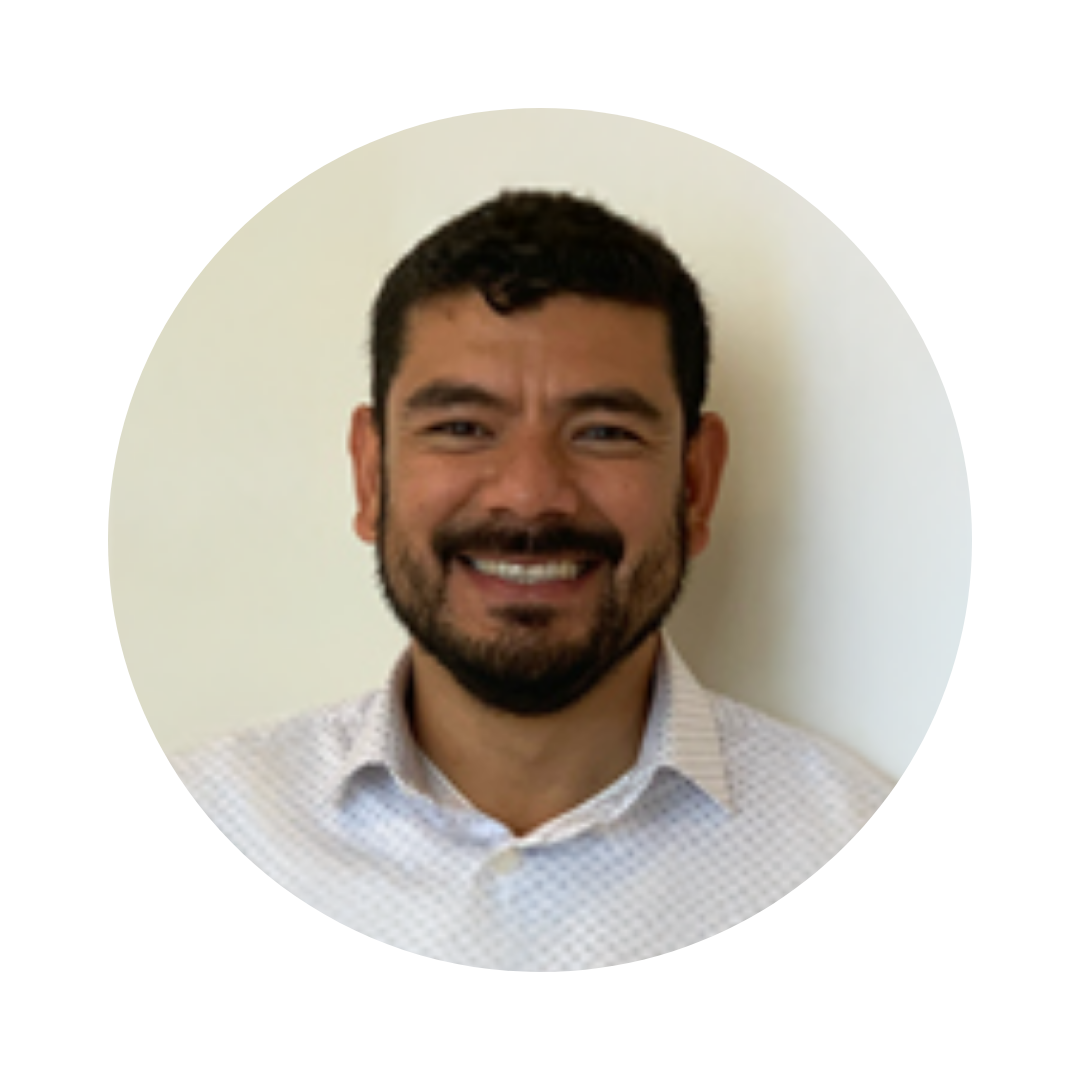
Edgar Mojica Villegas
Professor Ethnic Studies, College of San Mateo
Ethnic Studies and the Question of Violence: Investigating the Basis of a Liberatory Education
This presentation is intended as a dialogue through which we will investigate the relevance of foundational concepts such as self-determination and liberation as they aimed to respond to the question of historical violence. We will also investigate their potential and relevance in enabling a truly liberatory educational approach for individual students and educators alike. Professor Mojica Villegas teaches in the department of Ethnic Studies at the College of San Mateo.
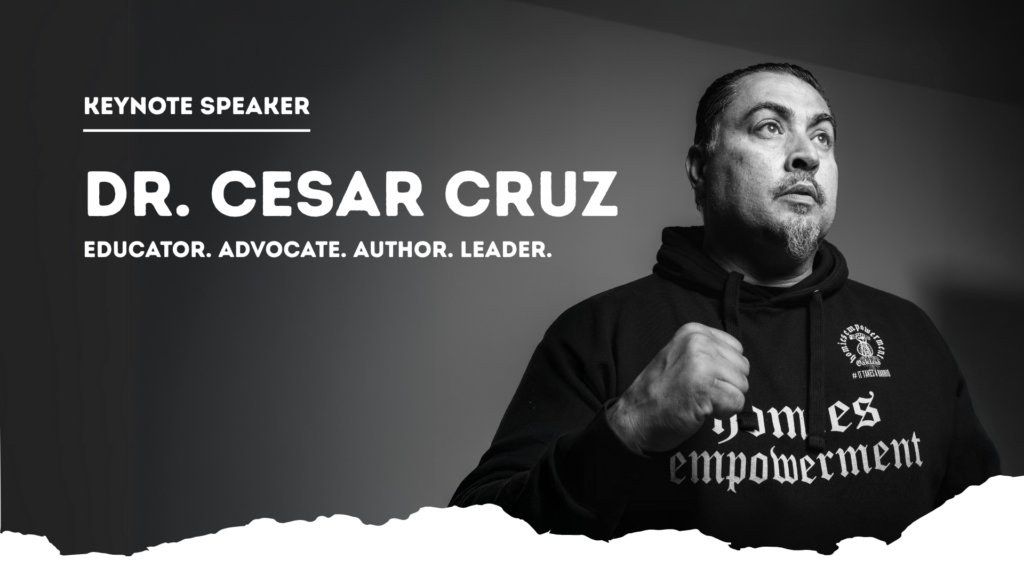
From marching 76 miles to hunger striking for 26 days, César has dedicated his life to justice. Born in Guadalajara, México, he migrated to the U.S. with his mother and grandmother, growing up in South Central L.A. and later moving to the Bay Area to study. He graduated from UC Berkeley with a B.A. in History.
An educator for 23 years, César has held leadership roles for 17 years, most recently as Dean of Secondary Schools Program at Harvard University. He co-founded the independent school, Making Changes, and has led the Homies Empowerment Program for gang-impacted youth in Oakland, CA.
Author of two books, César earned his doctorate in Educational Leadership at Harvard, becoming the first Mexican immigrant male to do so. He received the Jefferson Award for Public Service and currently serves as a Bridge Fellow for TNTP and on the advisory board of Broader Bolder Approach to Education.
Above all, he is proudest to be a husband and father of three: Olin, Amaru, and Quetzali. He can be reached at Cesar_Cruz@mail.harvard.edu.

Jahi (Ja-he), is a Kiswahili name meaning dignity. Born and raised in East Cleveland, Ohio, and now residing in Oakland, California, Jahi is an MC, artist, author, curator, and the director of Kingmakers Music and Youth Voice for Kingmakers of Oakland.
With 25 years in Hip Hop, Jahi has released 19 musical projects since 1999, many with Chuck D from Public Enemy. His discography includes albums on Tuff Gong International, Warner Music Denmark, and features on Def Jam, Universal, and Spitslam.
Jahi authored The Microphone Journeyman and The Intersection between Hip Hop Culture & Education. He has curated exhibits like Each One Teach One at the Black Panther Party Museum and Hip Hop 50 at The Oakland Museum of California. He has presented Hip Hop globally, including in Ghana, Ireland, and at the deYoung in San Francisco.
Formerly a Program Manager for African American Male Achievement at Oakland Unified School District. Son. Father. Avid chess player. He/Him. Human being. Lover of ornithology and nature. International traveler. Pan African.
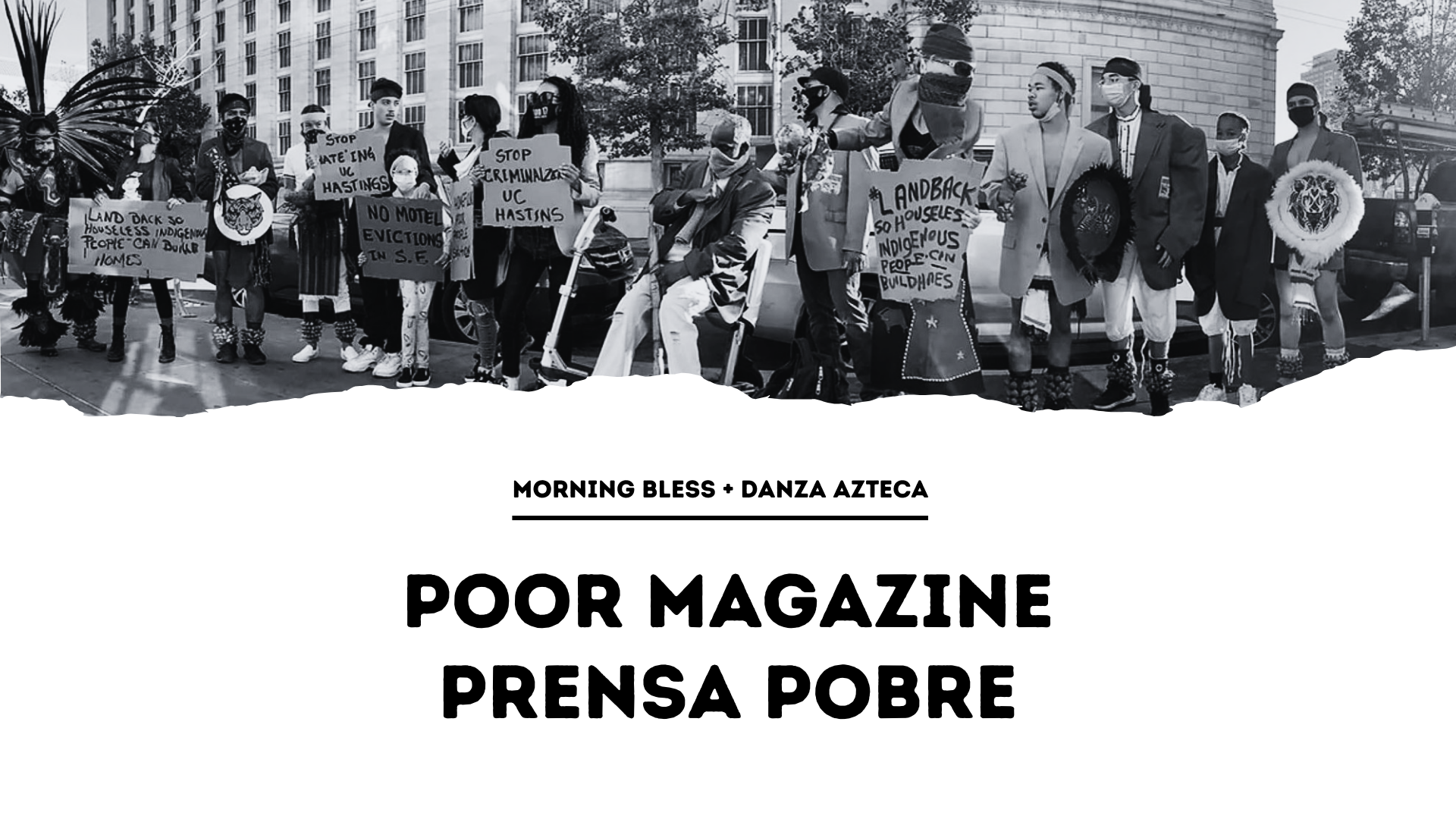
POOR Magazine/Prensa Pobre is a poor people–led/Indigenous people–led, grassroots, non-profit arts organization dedicated to providing revolutionary media access, art, education, and advocacy to silenced youth, adults, and elders in poverty across Mama Earth. Led by Tiny (aka Lisa Gray-Garcia) and Muteado Silencio, POOR will open the Ethnic Studies Summit invoking Indigenous practices and communing with the land, history, and spiritual practices we stand on.
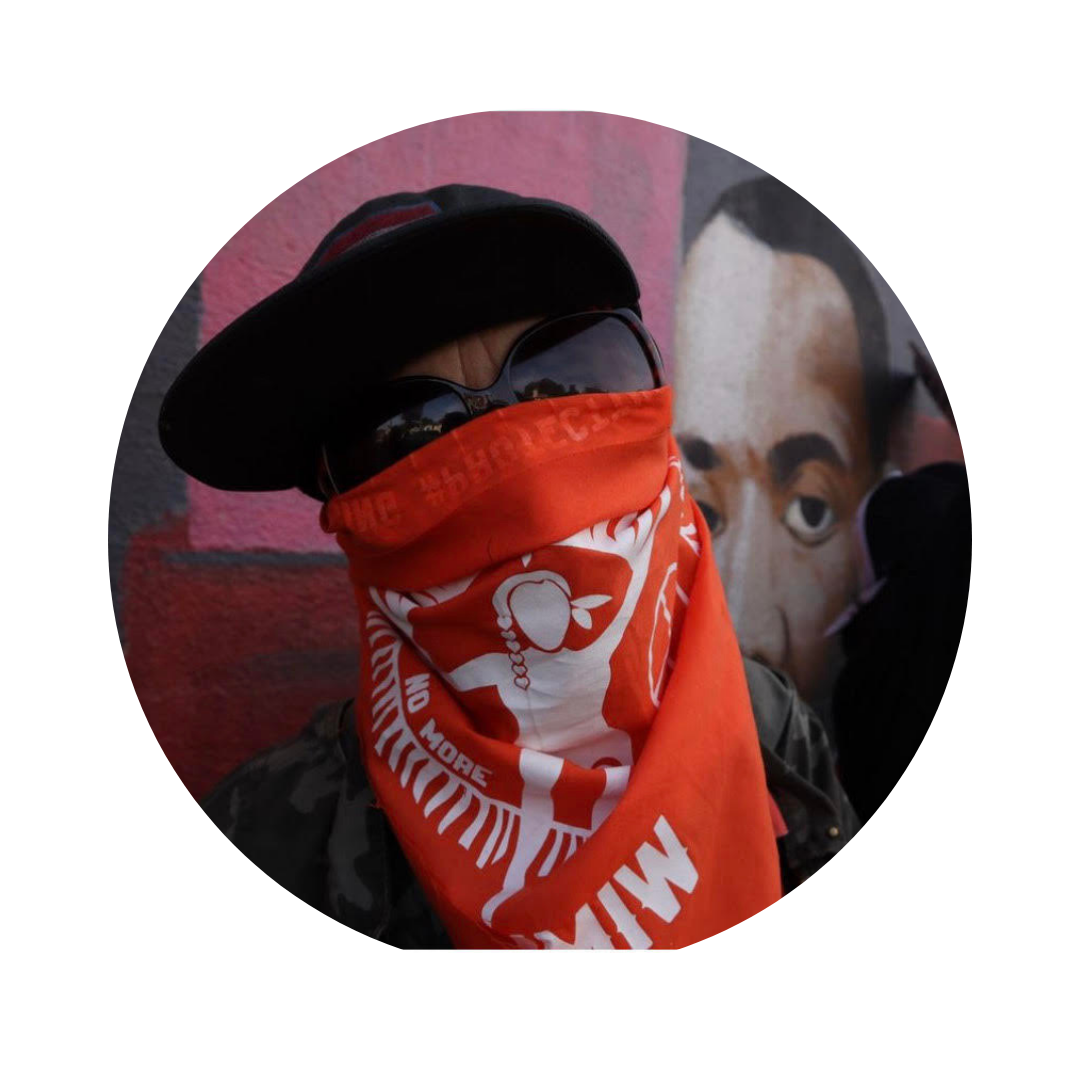
Tiny (Lis Gray-Garcia)
Author, Poet,Co-founder of Deecolonize Academy
Tiny is a formerly unhoused, incarcerated poverty scholar, revolutionary journalist, lecturer, poet, visionary, teacher and single mama of Tiburcio, daughter of a houseless, disabled, indigenous mama Dee, and the co–founder of POOR Magazine/Prensa POBRE/PoorNewsNetwork. In 2011 she co-launched The Homefulness Project- a landless peoples, self-determined land liberation movement in the Ohlone/Lisjan/Huchuin territory known as Deep East Oakland, and co-founded a liberation school for children, Deecolonize Academy.
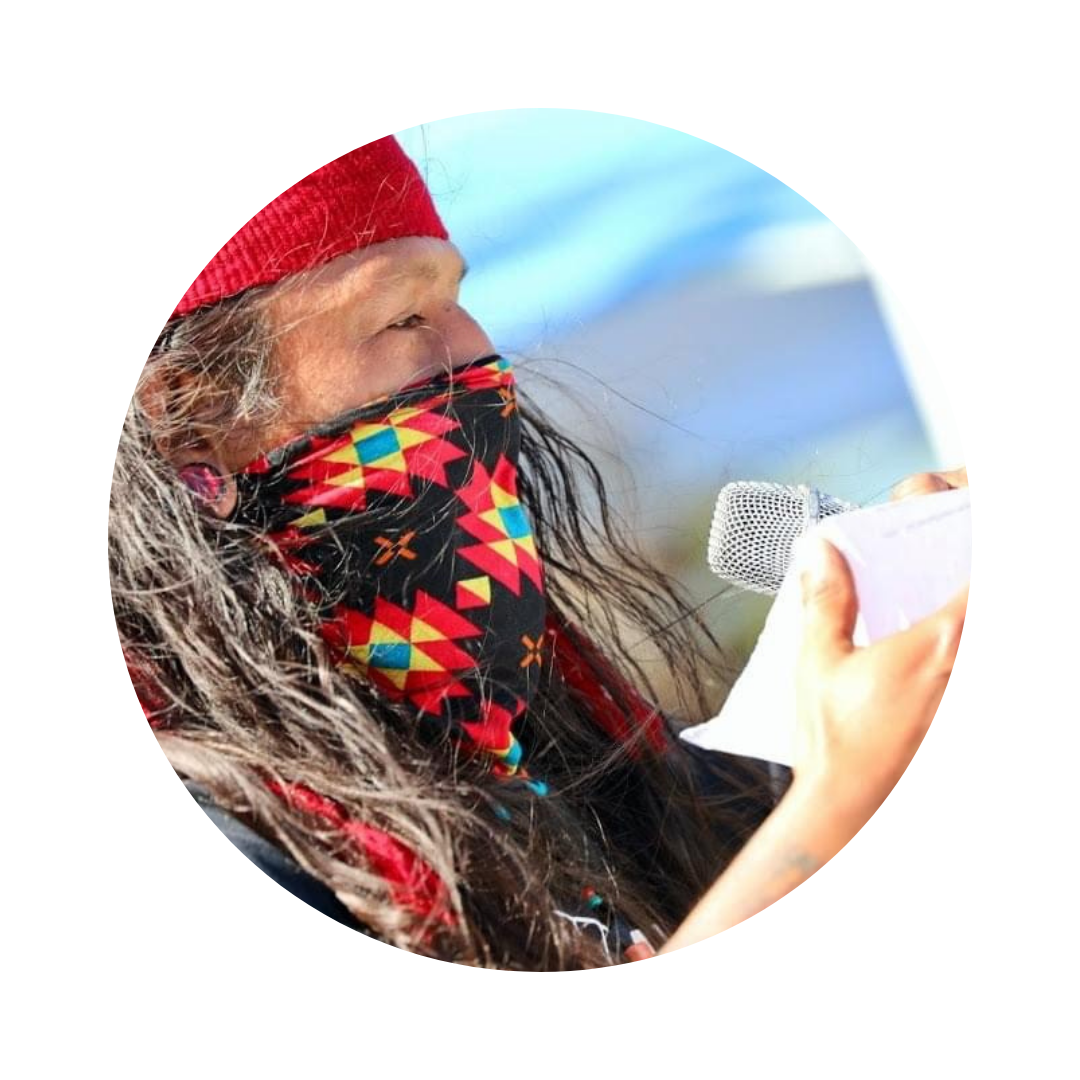
Muteado Silencio
Poverty Skola, Teacher and Poet
Muteado Silencio is an Indigenous Purepecha/Raza artist, writer, poverty skola, danzante, media producer, teacher and poet from Michoacan, Mexico and raised in the East Side of Oakland by his single mother. Co–teacher and member of the Poetas POBRES/Po Poets Project at Prensa POBRE (POOR Magazine), In/migrant & Indigenous and revolutionary artist & scholar in residence at the Race, Poverty Media Justice Institute, co-founder of Homefulness and staff writer for Voces de inmigrantes en resistencia, co-host of Po Peoples Radio on PNNKEXU 96.1fm. Muteado is an actor, director and writer of several plays with Teatro de los pobres at POOR Magazine and with People of Color Action Theatre (POCAT). Muteado is a co-author of How to NOT Call PoLice Ever, and the Homefulness HandBook on Poorpress and His most recent book is Chimalli: Creando Arte Ceremonial / Creating Ceremonial Art available at poorpress.net


